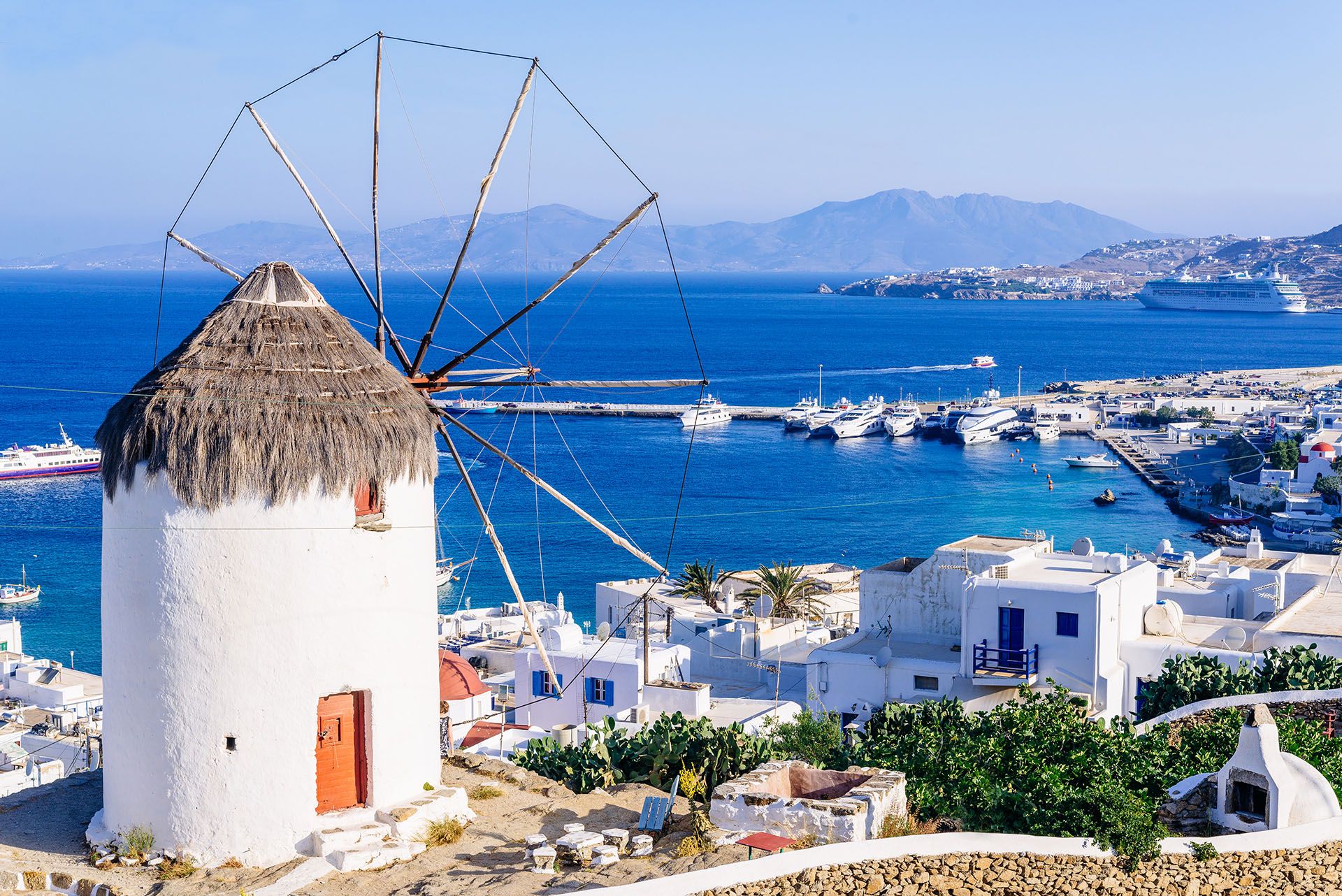What to do in Greece in March
Overall, March is a top month to visit Greece to explore the likes of ancient sites and museums in crowd-free conditions. For those of you who are yearning for spring sunshine, the Greek Islands have your name all over them.
With that in mind, read on for ideas for what to do in Greece in March.
Explore idyllic islands
While you might not be sunbathing from dawn ‘til dusk, or soaking in bath-warm sea, several Greek islands remain lively around the year and see warm days in March.
Rhodes, for example, comes recommended for offering scenic spring walks, ancient wonders, year-round tourist infrastructure, and year-round liveliness.
With the Citadel of Rhodes boasting one of the best-preserved Old Towns in the world — and a UNESCO World Heritage Site no less — there are plenty of reasons the largest of the Dodecanese islands is one of Greece’s best-loved islands.
Celebrate Greek Independence Day
With parades happening throughout the country, the 25th of March is Greek Independence Day. A day citizens take to the streets to commemorate the country’s independence from the Ottoman Empire.
In Athens, for example, a grand 90-minute military parade kicks off from Syntagma Square, with the Greek President and members of the Greek Orthodox Church in attendance.
Top tip: follow your nose to sample tasty, traditional Independence Day fodder. Namely, bakaliaros skordalia — fried salted cod steeped in garlic sauce and olive oil.
Participate in a Marathon
Nafplio Marathon
Including a marathon, half-marathon, 5km, and 2.5 km fun run, the Nafplio Marathon is great for higher-preforming athletes and novices alike.
Held in early March, in the stunning coastal Peloponnese town of Nafplio, the races are accompanied by social and cultural events.
Athens Half-Marathon
Held annually in mid-March, the AthHalf sees over 20,000 runners take to the streets to compete in scenic half marathon and 5k routes.
Even if you have no intention of running, this event offers an extra reason to visit Greece in March, with local bands performing along courses that run through historic districts.







